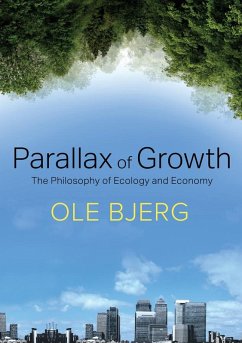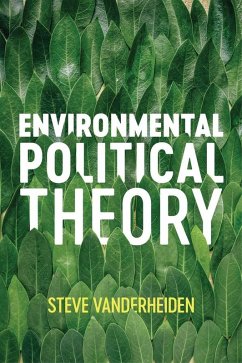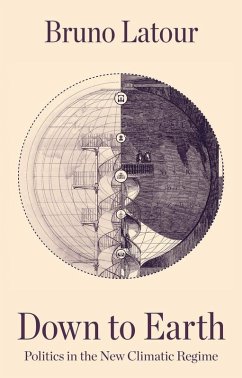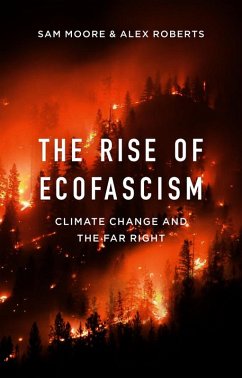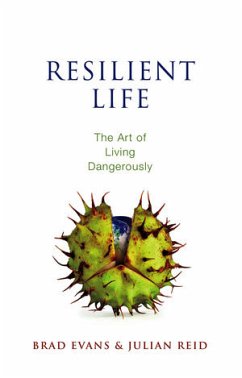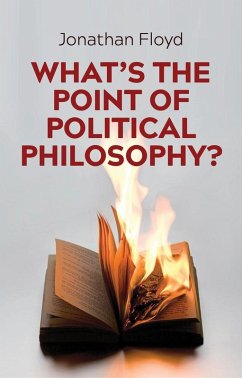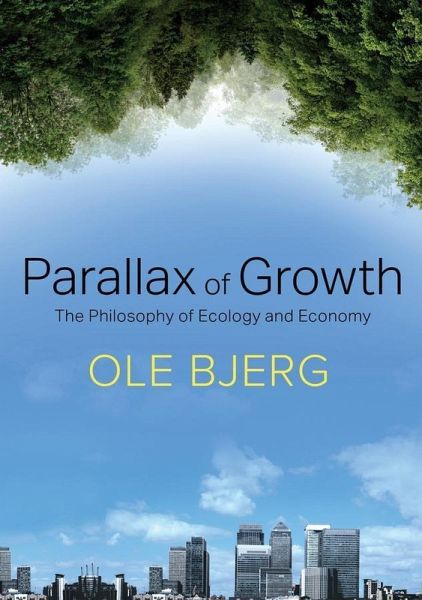
Parallax of Growth (eBook, ePUB)
The Philosophy of Ecology and Economy

PAYBACK Punkte
0 °P sammeln!
Parallax of Growth explores the ideas of economy and ecology and the factors that have put them on a collision course. Bjerg argues that our current mode of economic organization is characterized by an inherent 'debt drive', whereby the creation of money through the issuance of commercial bank credit has locked our economy into a vicious circle of forced growth and increasing debt. Parallax of Growth is not a catalogue of solutions to the ecological or the economic crisis. The book aims to shift the inquiry from 'what shall we do?' to 'why have we not already done it?' In order to address the ...
Parallax of Growth explores the ideas of economy and ecology and the factors that have put them on a collision course. Bjerg argues that our current mode of economic organization is characterized by an inherent 'debt drive', whereby the creation of money through the issuance of commercial bank credit has locked our economy into a vicious circle of forced growth and increasing debt. Parallax of Growth is not a catalogue of solutions to the ecological or the economic crisis. The book aims to shift the inquiry from 'what shall we do?' to 'why have we not already done it?' In order to address the challenges of our contemporary times of crisis, we need to understand how the idea of growth is deeply ingrained in the ideology as well as the organization of our society. The book aims to open the space for philosophical thinking about this important issue.
Dieser Download kann aus rechtlichen Gründen nur mit Rechnungsadresse in D ausgeliefert werden.




